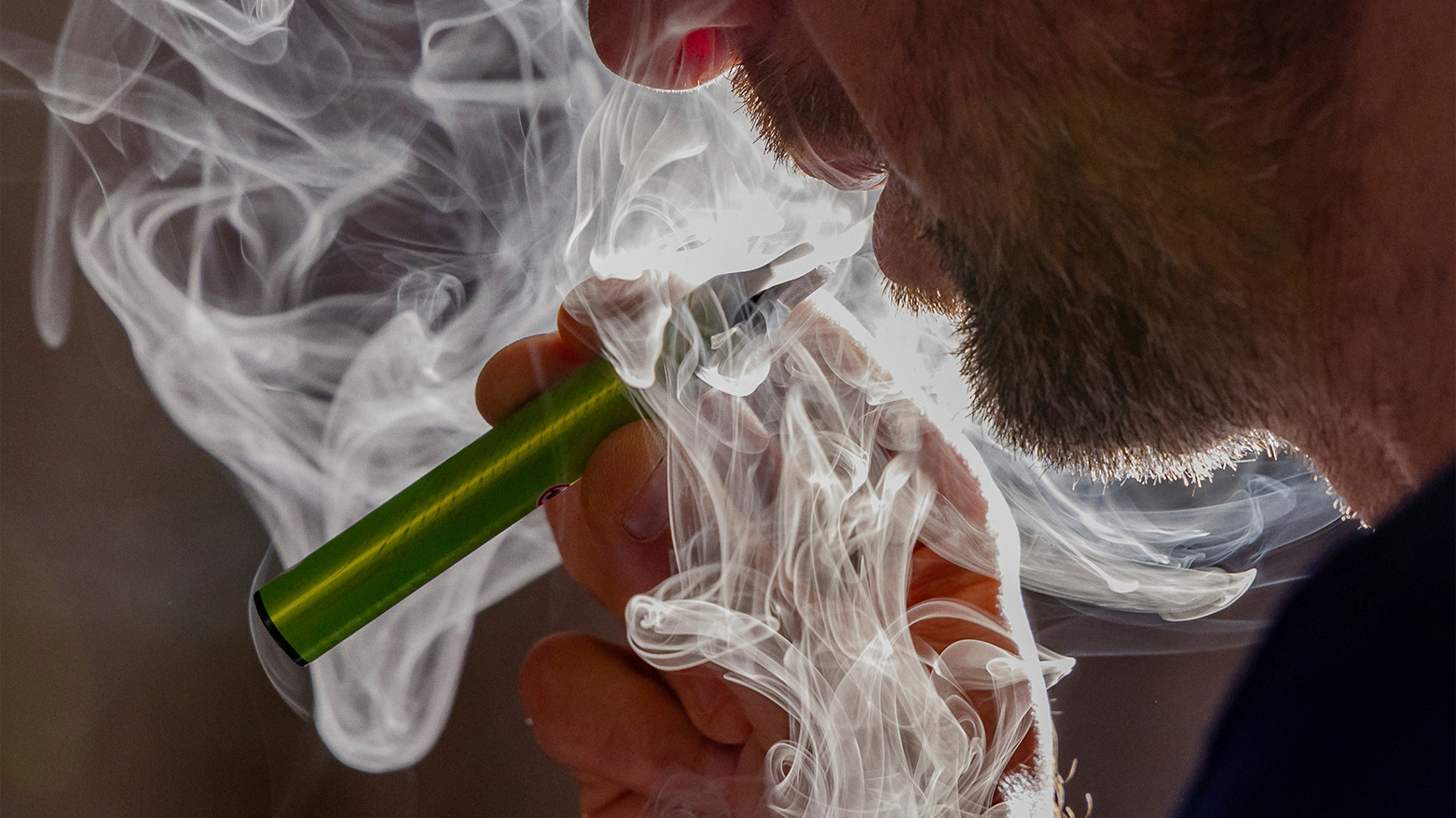13,000 Times Sweeter—And Inhaled: Hidden Chemical Found in Vapes
A Yale-Duke study cited by the New York Post found neotame—13,000 times sweeter than sugar—in most flavored vapes marketed to teens. Though FDA-approved for food, it’s untested for inhalation, prompting health concerns and calls for stricter regulation.

By Kamaran Aziz
ERBIL (Kurdistan24) – A potent artificial sweetener, reportedly up to 13,000 times sweeter than sugar, has been detected in the majority of flavored disposable e-cigarettes commonly marketed toward youth, according to a recent exposé by the New York Post, citing a study conducted by researchers at Yale School of Medicine and Duke University.
The substance, neotame, also branded as Newtame and developed by NutraSweet, was found in 57 out of 73 flavored e-cigarettes products analyzed. According to the New York Post, the sweetener was used in significantly higher quantities than in common food items like mint candies, yet was absent from product labels.
Published on June 2, 2025, in the Journal of the American Medical Association, the study warns that neotame is only approved by the U.S. Food and Drug Administration (FDA) for consumption in food products, not for inhalation via vaping. Despite this, the chemical was present in all 27 disposable devices introduced after 2021 that have not received FDA marketing authorization.
Lead author Hanno Erythropel of Yale noted in the study, “There are two specific concerns about the finding: How does it affect the potential for addiction to the product, and what are the product’s adverse health effects when inhaled?” He added, “There are many examples in which chemicals are safe for eating but not for inhalation.”
The New York Post also referenced past research in Frontiers, a peer-reviewed medical journal, which showed that neotame, when consumed in food, could damage gut health. Its effect when vaporized and inhaled remain unknown, with researchers emphasizing that many e-cigarette flavor chemicals have never been tested for inhalation toxicity.
With flavored vaping products continuing to gain traction among adolescents, the findings have prompted renewed calls for urgent regulatory intervention. The study underscores what experts view as a significant gap in oversight and transparency within the vaping industry.
